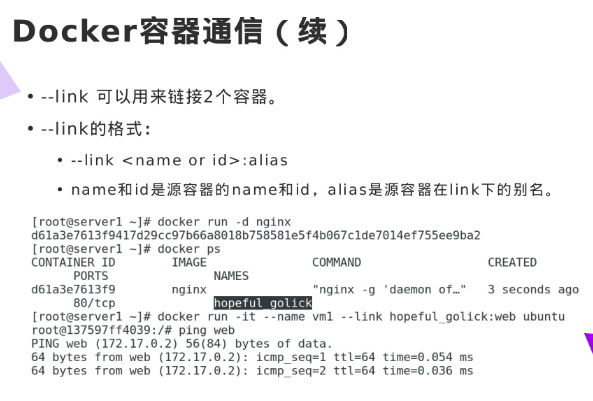


By default, containers assigned to it will now have IPv4 and IPv6 connectivity to the local gateway and each other.
#Docker ip multicast how to#
🧱 Plus how to build three different v6 networks the default docker0 bridge network, a user-defined bridge network, and an IPvlan network with access to the public Internet. (If I run outside of docker, I have no issues of course.6️⃣ Docker supports IPv6 addressing and IPv6 network builds. I know Docker creates a MASQUERADE address to make the traffic all look like it’s coming from the Docker gateway, so when I watch veth I see mostly talk between 172.17.0.1 and 172.17.0.2 although my server is unable to retrieve any information about the devices on the network. See this answer – Adrian W Apr 14 at 14:13 Where does the traffic come from in Docker? It is not possible to set mc_forwarding in sysctl (or directly in proc). You should try (if above doesn’t help) to start docker container with –net=none option and use pipework with follow command: which creates eth0 interface inside container with IFF_MULTICAST flag and defined IP address. How to set MC _ forwarding in Docker container? So we need our docker container to be able to receive these packets from devices outside the host, through the host, and in to the container. We have a dockerized server application that is doing auto-discovery of physical appliances on the network by listening for multicast packets on port 6969. Where do Docker containers receive multicast traffic from? Chromecast uses a simple multicast protocol for Discovery And Launch that enables users to mirror their devices on a second screen. Does Google use multicast?Ĭhromecast is a digital media player developed by Google. There are three common Docker network types – bridge networks, used within a single host, overlay networks, for multi-host communication, and macvlan networks which are used to connect Docker containers directly to host network interfaces. Which three different types of networks can you configure containers to use? There are numerous scalability challenges to support multicast in the network infrastructure.

It is going to be blocked by the fabric, which will not route multicast group IP addresses, nor subscribe to different multicast flows.


 0 kommentar(er)
0 kommentar(er)
